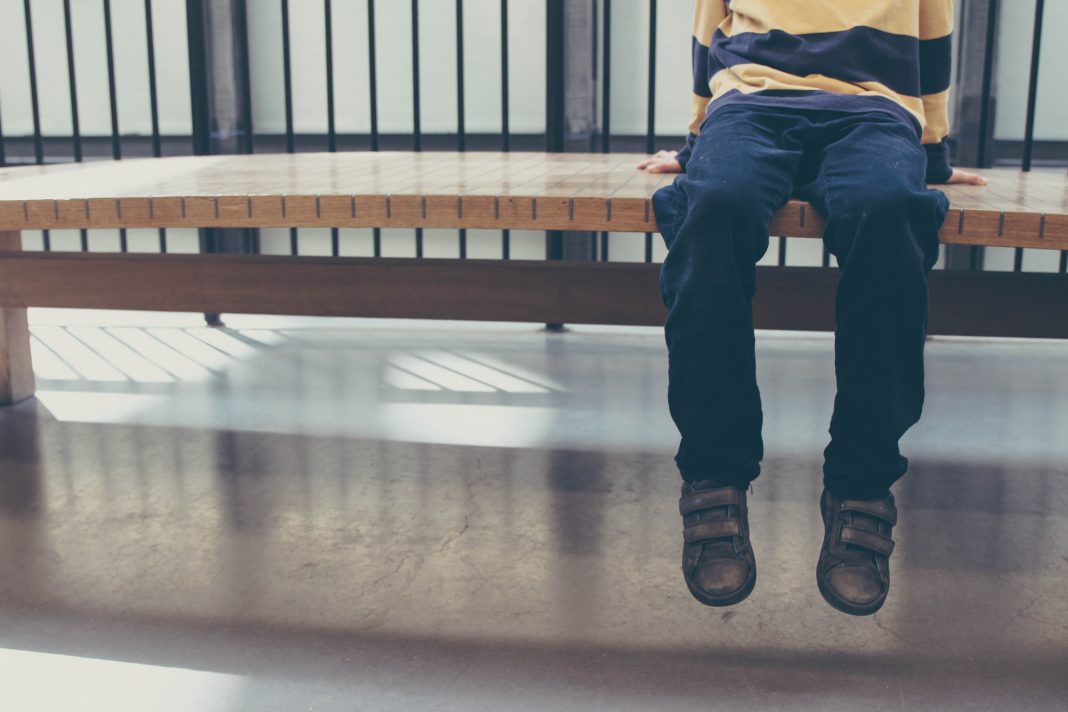Written by: Jaymee Salisi, News Writer
SFU professor and Director of the Children’s Health Policy Centre, Charlotte Waddell, led a study on COVID-19 and its impact on the mental health of children aged 0–18. The research report, published in September 2020, aims to “inform and assist policymakers in planning to support all children in BC during COVID-19 and beyond.”
Waddell recommended that new budgets be put in place to protect kids and “be devoted to effective interventions.” In an interview with The Peak, Waddell suggested investing in cognitive-behavioural therapy to “treat problems like anxiety, depression, and post-traumatic stress [and] prevent these problems from progressing to full-blown disorders.”
She noted that the mental health of youth and children during pandemics and natural disasters was “worse if children were severely affected, say, losing loved ones themselves, but better if children had strong [support], say, from their friends and families.”
Waddell explains in the report that the nature of the pandemic is still recent and unfolding. In order to predict the effects of the virus, the research drew on data concerning the impact that previous outbreaks, pandemics, and natural disasters have had on children. The data showed that after these disasters, children experienced high rates of anxiety, depression, post-traumatic stress and behavioural issues.
“Some groups are [harder] hit than others,” Waddell said. Her research showed that children who were struggling with adversities before COVID-19 will struggle more with anxiety, post-traumatic stress, and depression. The report predicts sharp increases in services such as the Kids Help Phone, both during and after COVID-19. Waddell pointed out that children from low-income families rely on school programs for food provision, so temporary school closures have intensified stress and food insecurity.
The report states that children might be disproportionately affected if they are experiencing socio-economic disadvantage, racism, pre-existing mental health conditions, and developmental problems. It found that children living in Indigenous communities are harmed by the effects of colonialism and experience extreme food insecurity, which has led to being more heavily affected by the pandemic.
Based on a previous study examining the effects of infectious disease outbreaks on children’s mental health, the report finds that 30% of children who were isolated or quarantined “exceeded the clinical threshold for post-traumatic stress symptoms.” Of those children, 33.4% began using mental health services for “generalized anxiety, adjustment difficulties, acute stress, post-traumatic stress, and grief.”
Waddell expressed that BC has “long under-served children’s mental health,” citing that “half of children with mental disorders were not getting treatment even pre-pandemic.” Based on the studies, Waddell asserted that BC policy makers should “prepare to respond by increasing children’s mental health services.”
Waddell recommends that communities support the mental health of youth and those disproportionately affected by the pandemic by “writing to their MPs and MLAs to show this concern.” She also suggests that children in need of mental health services should visit a Child & Youth Mental Health Intake Clinic. The full research report can be found here.




